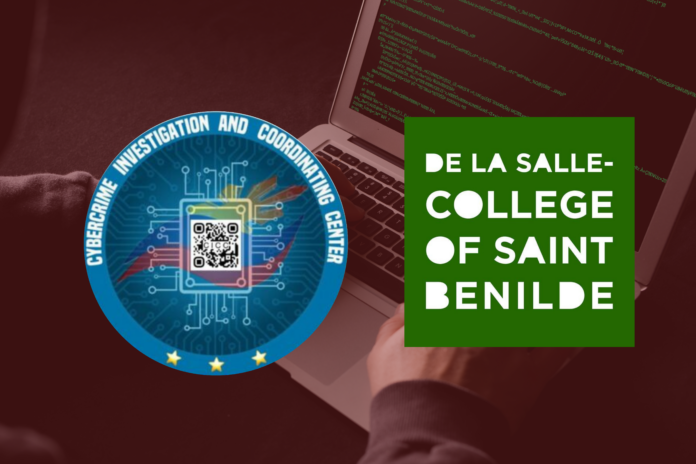The Cybercrime Investigation and Coordinating Center is collaborating closely with De La Salle College of Saint Benilde to develop a new tool for detecting and suppressing smishing.
This P15-million research project, titled “Behavioral Biometrics and Content Analysis: A Multi-Pronged Machine Learning Approach to Thwarting SMS Phishing (Smishing),” is funded by the Department of Science and Technology (DOST).
According to the project description, the objective is to develop machine learning algorithms that analyze patterns, such as typing dynamics and touchscreen interactions, to detect anomalies indicative of smishing attempts.
“With ML continuously learning and updating user profiles based on analyzed behavior patterns, these models can adapt to the evolving tactics of smishing activities,” the proposal states.
The project will also integrate natural language processing, a branch of artificial intelligence (AI), to analyze SMS content and identify phishing attempts that could lead to fraudulent activities and identity theft.
“ML models can be trained on labeled datasets of phishing and legitimate messages to learn the patterns and features that distinguish between the two,” the proposal explains.
CICC Executive Director Alexander K. Ramos praised this initiative, highlighting its importance in combating smishing in the Philippines.
“Smishing continues to be a major concern. We need innovative projects like this with DLSU to help CICC in preventing and suppressing cybercrime,” he said.
Ramos emphasized that other law enforcement agencies and cybersecurity professionals will also benefit from the research project.
Smishing is a cybercrime where attackers use deceptive messages to trick victims into disclosing sensitive information, downloading malware, or visiting malicious websites.
Common types of smishing include bank fraud alerts, missed delivery notifications, account verifications, tech support scams, and lottery winnings.
Ramos reiterated his appeal to the public to remain vigilant when receiving messages from unknown senders and to report cases of smishing to the Inter-Agency Response Center Hotline 1326 to help prevent cybercrime.







